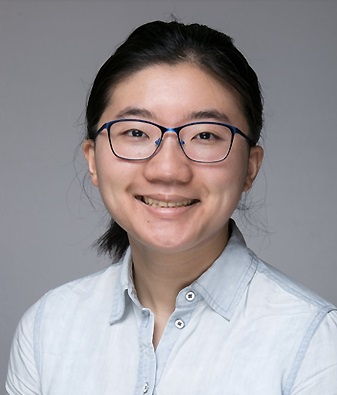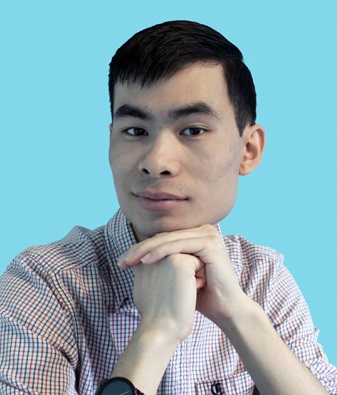For Yiwen Li, languages aren’t just a set of grammar rules and vocabulary lists — they’re the key to understanding the world.
“There’s so much richness, complexity, intricacy and engagement in learning a new language,” says the recent A&S science graduate and member of Victoria College. “You don’t truly understand a country’s culture, society and government until you learn how people communicate with each other.”
Last year, Li got to exercise her French skills with the Language Exchange Initiative (LEI), a 12-year-old U of T student club where members are given the opportunity to either volunteer as teachers, learn a language that interests them, or both.

Every Friday during the school year, the group meets for three hours of peer instruction in a wide variety of tongues, which change depending on whether there are active members able to teach them. Over the years, the roster has included everything from Mandarin, Spanish, Serbian, Mongolian, Hindi, Turkish and many others.
“French and Japanese are really popular,” says Khasir Hean, a member since 2019 and former club secretary who recently earned his MSc in computer science. “We’re a very casual club, where we encourage people to get to know each other, have fun, and learn a new culture and language.”
Both Hean and Li are fluent in French, having completed immersion programs prior to university and continued their studies at U of T. Consequently, they both were able to impart their skills in that language to other students at the LEI. Hean also taught English as a Second Language, and learned a smattering of Russian and Japanese too.
He even tried his hand at teaching Esperanto — the world’s most popular “constructed” language. Designed to be a universal, easy-to-learn second language, Esperanto was created in the 19th century by a Polish eye doctor named Ludwig Zamenhof, whose aim was to unite people across borders.
“I began learning it back in high school when I discovered an Esperanto book in the library,” Hean says. “It was a teach-yourself type of book, so I spent the next few months going through all the lessons. Though I had to renew it a few times! I think it was then that I realized how much I love languages.”
This club allows people to talk not just about languages, but about cultures. We have such an international university: we’ve got many people from other countries, but also lots of people who’ve grown up in Canada and whose parents did not. It’s really a wide variety of experiences.
LEI members’ backgrounds are both culturally and educationally diverse; both graduate and undergraduate students, from all Faculties and departments, are welcome. Hean and Li are both scientists, and Hean says that language learning has lent a welcome breadth to his educational experience, calling it “a nice break from machine learning.”

With her training in neuroscience, Li — who also majored in ecology and evolutionary biology, with a minor in French as a second language — sees language training as not only fun but beneficial for the brain. She cites numerous studies showing that multilingualism can have a protective effect against Alzheimer’s disease; it can also improve executive functioning, or the brain’s ability to perform tasks such as planning and focusing.
While some members of the LEI are graduate students with professional teaching experience, other instructors are learning on the job. In teaching beginner, then intermediate French, Li found herself learning along with her students. “I was able to practice my oral communication skills and learn new things from students’ questions, since some of them were more knowledgeable about certain aspects of the language.”
Perhaps most importantly, the LEI is a place to meet people from every corner of the world. Prior to the pandemic, Hean says that it definitely served that important social function.
“Fridays we’d have our sessions, and then we’d all go out to a restaurant and continue chatting … this club allows people to talk not just about languages, but about cultures. We have such an international university: we’ve got many people from other countries, but also lots of people who’ve grown up in Canada and whose parents did not. It’s really a wide variety of experiences.”
During the pandemic, the club held classes via Discord, an app that allows for multiple simultaneous activities such as texting, video chats and voice calling. Li says it has even facilitated karaoke, with members singing along in various languages to YouTube videos.
At a time when world travel has been off-limits, the LEI has proven a happy substitute. Because of its drop-in nature, it’s not a bootcamp that guarantees fluency, but a gathering space for people from all walks of life who share a mutual passion. As Hean says: “it’s a great privilege to learn even a bit about another language.”

